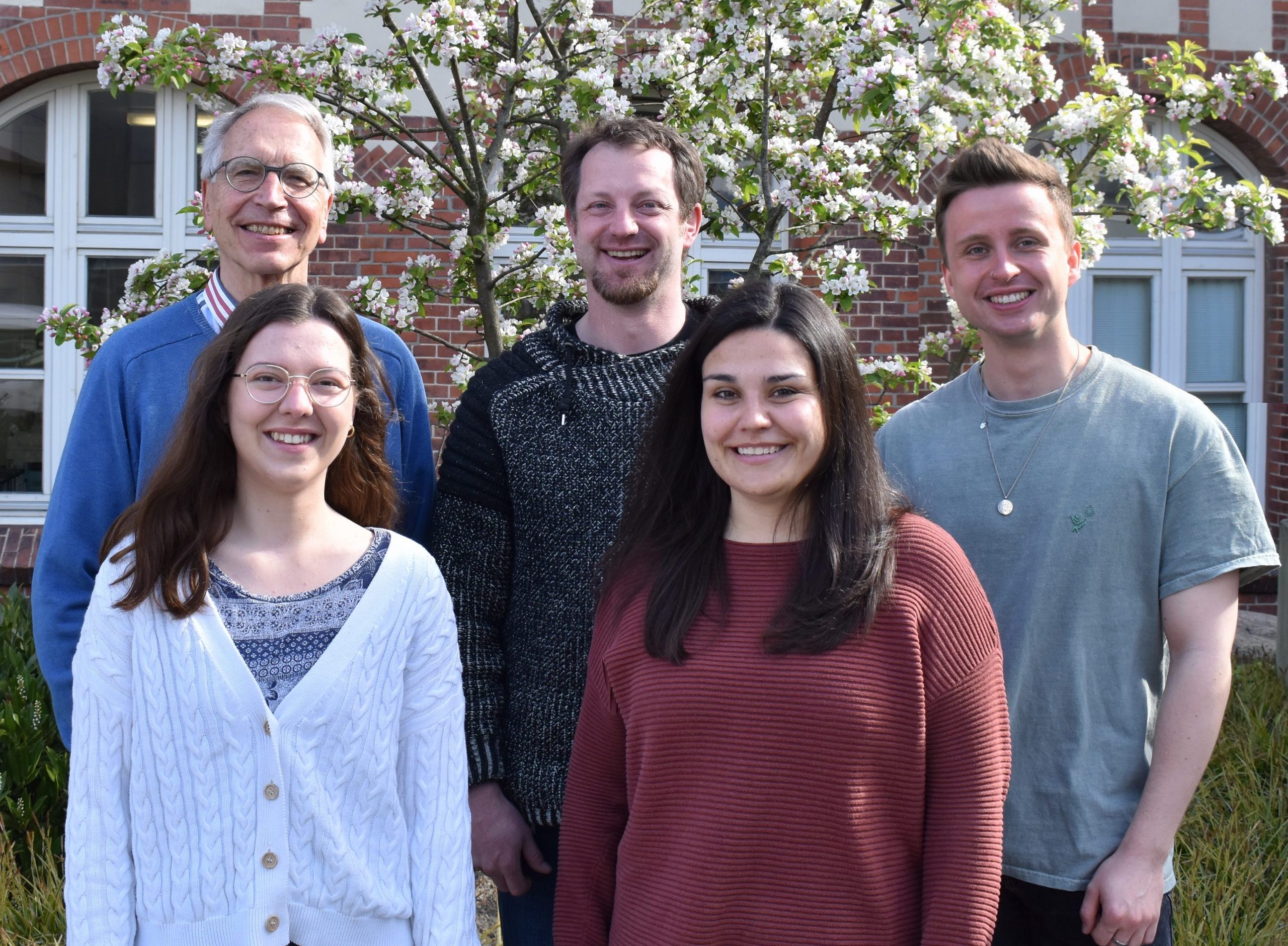
The Kabelitz group investigates the modulation of activation and effector activity of human γδ T cells by epigenetic modifiers (e.g., Vitamin C) and ligands for innate immune receptors (Toll-like receptors, cGAS/STING). Our goal is to improve and optimize the effector function of γδ T cells for future clinical application in cancer immunotherapy
Group leader:
,
Group members:
In contrast to conventional CD4 and CD8 T cells, γδ T cells do not recognize peptides but rather intermediates of the cholesterol metabolism (pyrophosphates) which are overproduced by tumor cells in comparison to healthy cells. As a consequence, γδ T cells can recognize and kill tumor cells independently of HLA molecules, which makes γδ T cells attractive effector cells for immunotherapy. Importantly, it has been already shown that γδ T cells can be safely isolated from allogeneic healthy donors for subsequent adoptive transfer into cancer patients (1). On the other hand, it is obvious that the effector function of γδ T cells requires optimization in order to improve the clinical efficacy of γδ T-cell based cancer immunotherapy (2).
Our group investigates the modulation of activation and effector activity of human γδ T cells by epigenetic modifiers like Vitamin C (3,4), and by ligands for innate immune receptors like TLR8 (5) and cGAS/STING. Both TLR and STING ligands are in clinical studies as adjuvants to enhance the anti-tumor immune response. We hope that our investigations will contribute to design strategies for optimization of γδ T-cell based cancer immunotherapy.
Our results indicate tat the costimulating activity of STING ligands on human γδ T-cell activation is primarily an indirect mechanism depending on the presence of monocytes. Therefore, we also study the differentiation potential of human monocytes in response to several newly developed STING ligands.
University Hospital Schleswig-Holstein
Institute of Immunology
Arnold-Heller-Straße 3
Haus U30
24105 Kiel